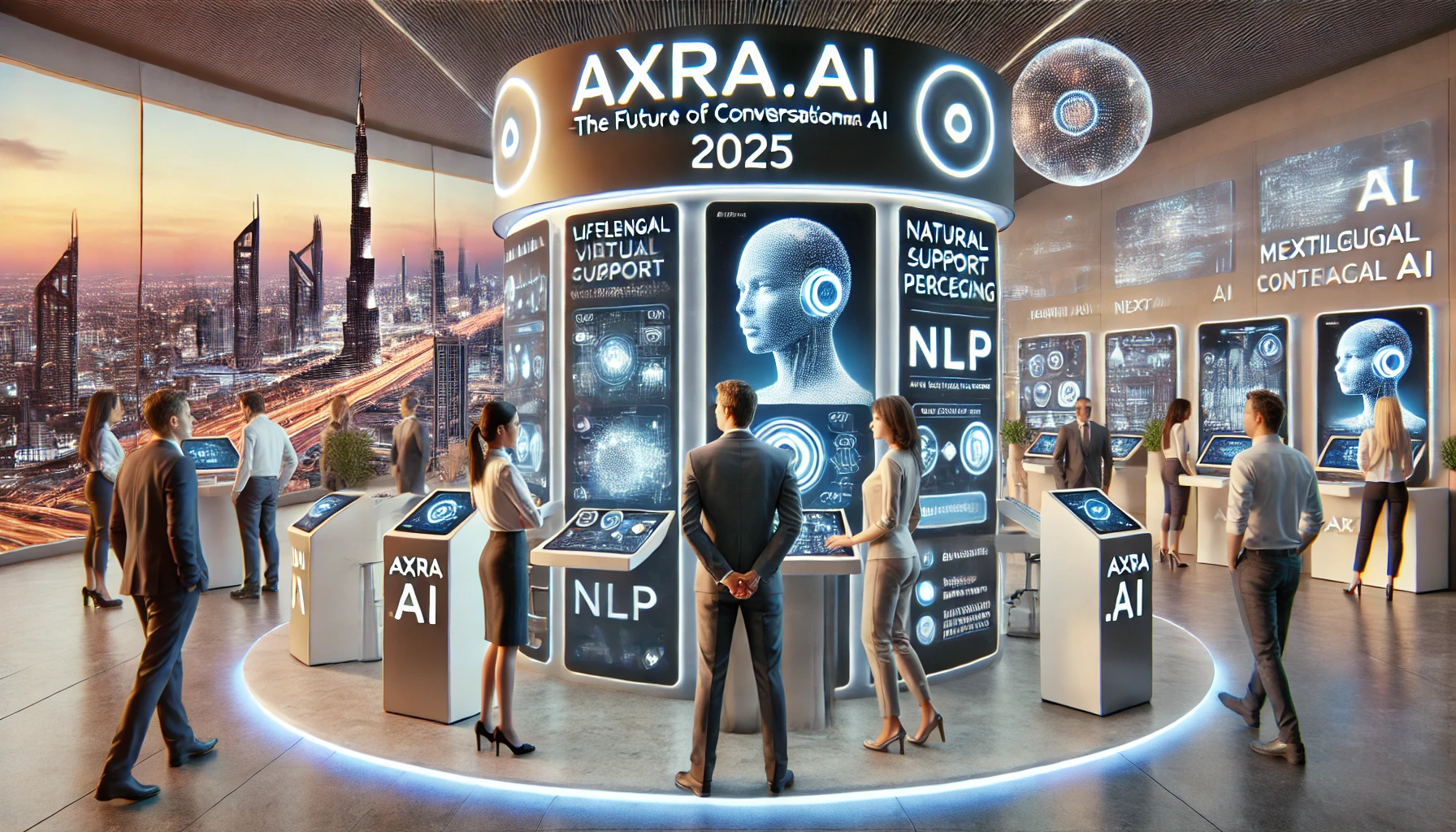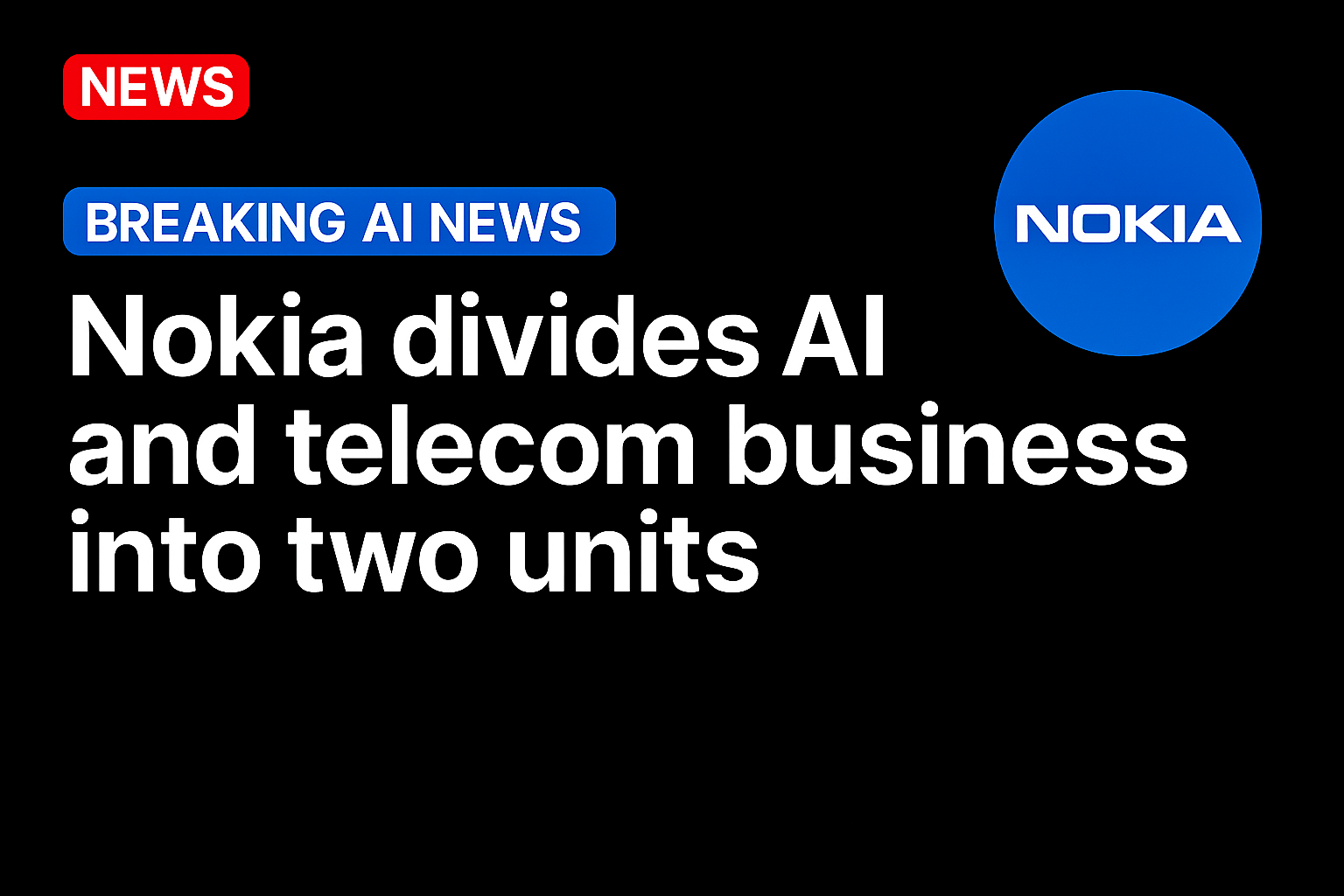In a bold and lengthy manifesto, Anthropic CEO Dario Amodei has laid out an optimistic vision for the future of artificial intelligence in a sprawling 15,000-word essay. The document, a comprehensive meditation on the transformative potential of AI, positions Amodei as a staunch believer in the positive impact that advanced AI systems can have on society, technology, and humanity as a whole.
Amodei’s essay delves into the vast opportunities AI offers, from solving some of the world’s most complex problems to enhancing human capabilities in ways once relegated to science fiction. His optimism, however, isn’t based on blind faith. He outlines a detailed argument for why he believes AI, when developed responsibly and governed properly, will usher in an era of unprecedented progress.
One of the key points in the essay is Amodei’s belief in AI’s potential to tackle some of the largest and most pressing global challenges. Whether it’s finding solutions to climate change, eradicating diseases, or advancing education, Amodei argues that AI systems, particularly those developed with safety and ethics in mind, will significantly accelerate humanity’s ability to address these issues. The CEO of Anthropic, a company known for its focus on AI safety, emphasizes the importance of building AI models that align with human values and avoid the pitfalls of misalignment or harmful applications.
Throughout the essay, Amodei acknowledges the concerns many hold about AI’s potential risks, but he maintains that with the right focus, these risks can be mitigated. He emphasizes the need for ongoing research into AI safety and ethics, a mission at the core of Anthropic’s operations. While some technologists and ethicists warn of AI’s potential to disrupt economies, personal privacy, and global security, Amodei strikes a confident tone, suggesting that proactive measures and a focus on long-term safety can ensure that AI remains a force for good.
The essay also explores the social implications of AI, with Amodei discussing how these technologies could reshape the workforce, enhance creativity, and allow people to pursue more fulfilling work. In his techno-optimist view, AI will augment human capabilities rather than replace them. He envisions a future where AI systems can handle mundane or repetitive tasks, freeing up time for individuals to engage in more creative and intellectually stimulating endeavors.
Amodei’s expansive essay isn’t just a roadmap for the future of AI, but a call to action for the AI community, policymakers, and the public. He encourages open dialogue about the societal impacts of AI while advocating for a balanced approach that supports innovation without sacrificing ethical considerations. At its heart, his essay is a passionate argument for embracing the potential of AI with both optimism and caution, making the case that if developed responsibly, AI can be the catalyst for a brighter, more equitable future.
For Amodei, this optimistic stance is grounded in Anthropic’s mission—to develop AI systems that prioritize safety and alignment with human values. He acknowledges that while the road ahead is uncertain, he remains confident that AI’s benefits will far outweigh its risks if the right frameworks are put in place.
In conclusion, Amodei’s 15,000-word paean to AI showcases a deep belief in the power of technology to enhance the human experience. By advocating for responsible development and focusing on long-term safety, he paints a picture of a future where AI helps humanity overcome its greatest challenges while fostering growth, creativity, and well-being.





